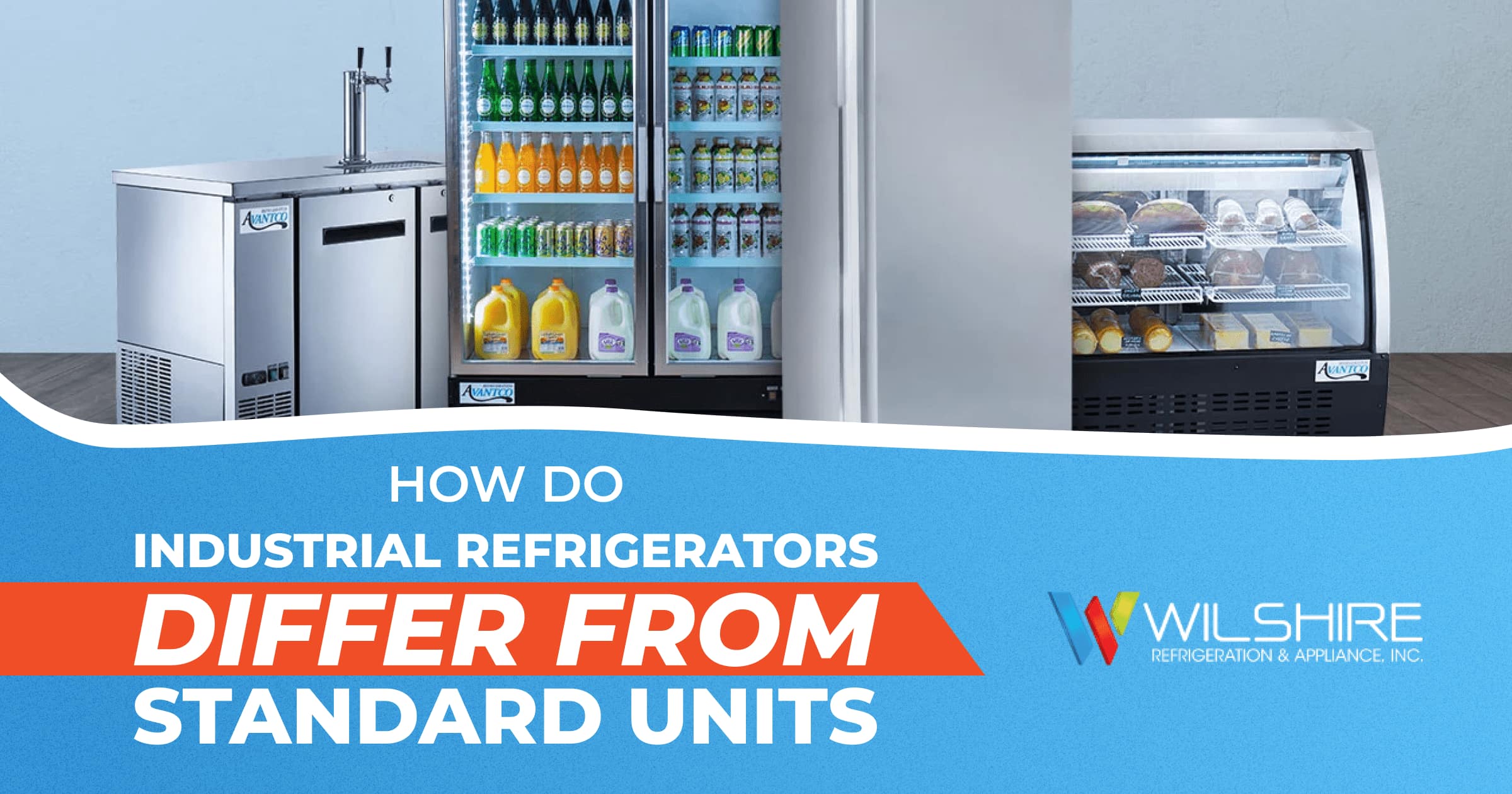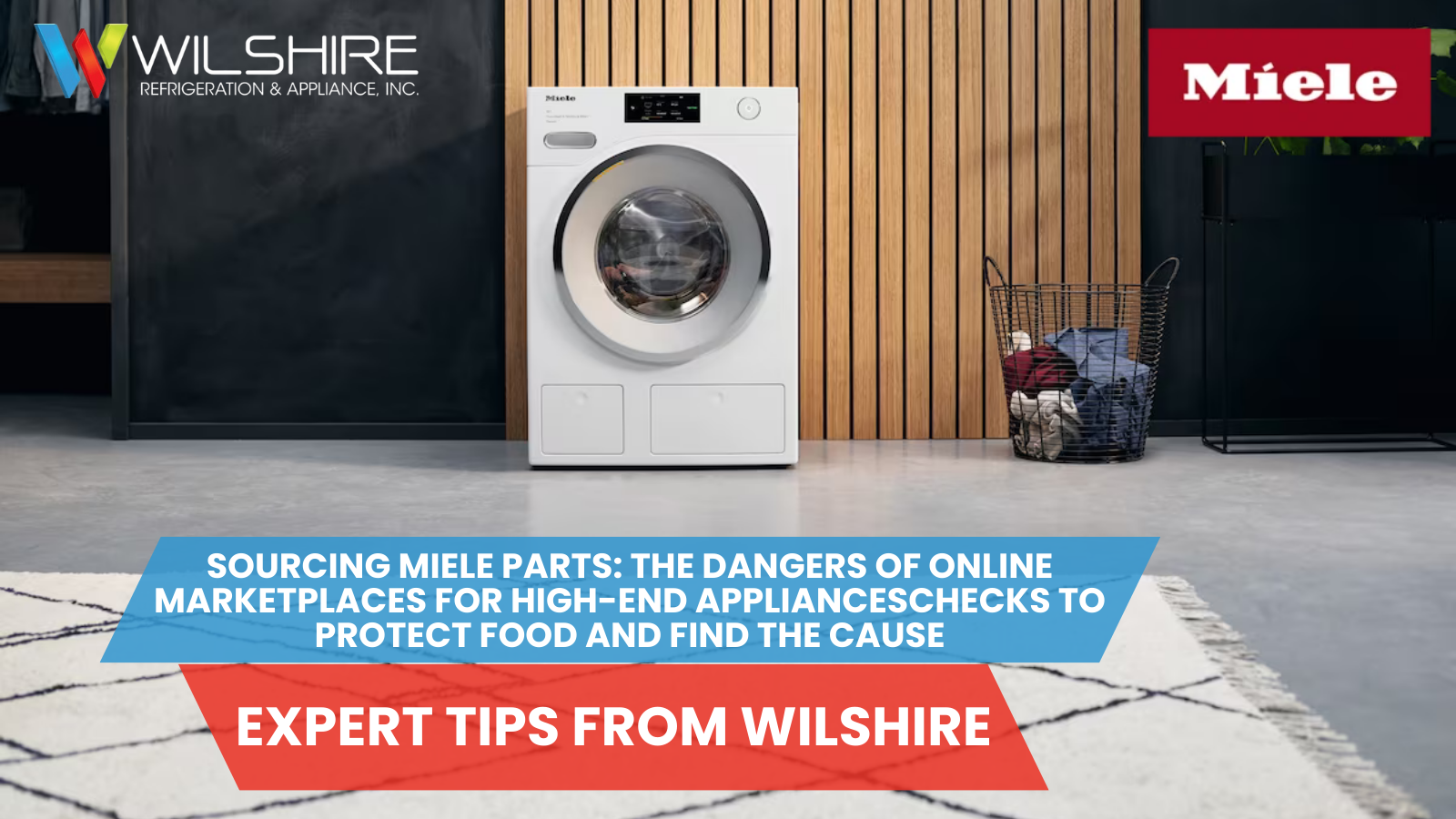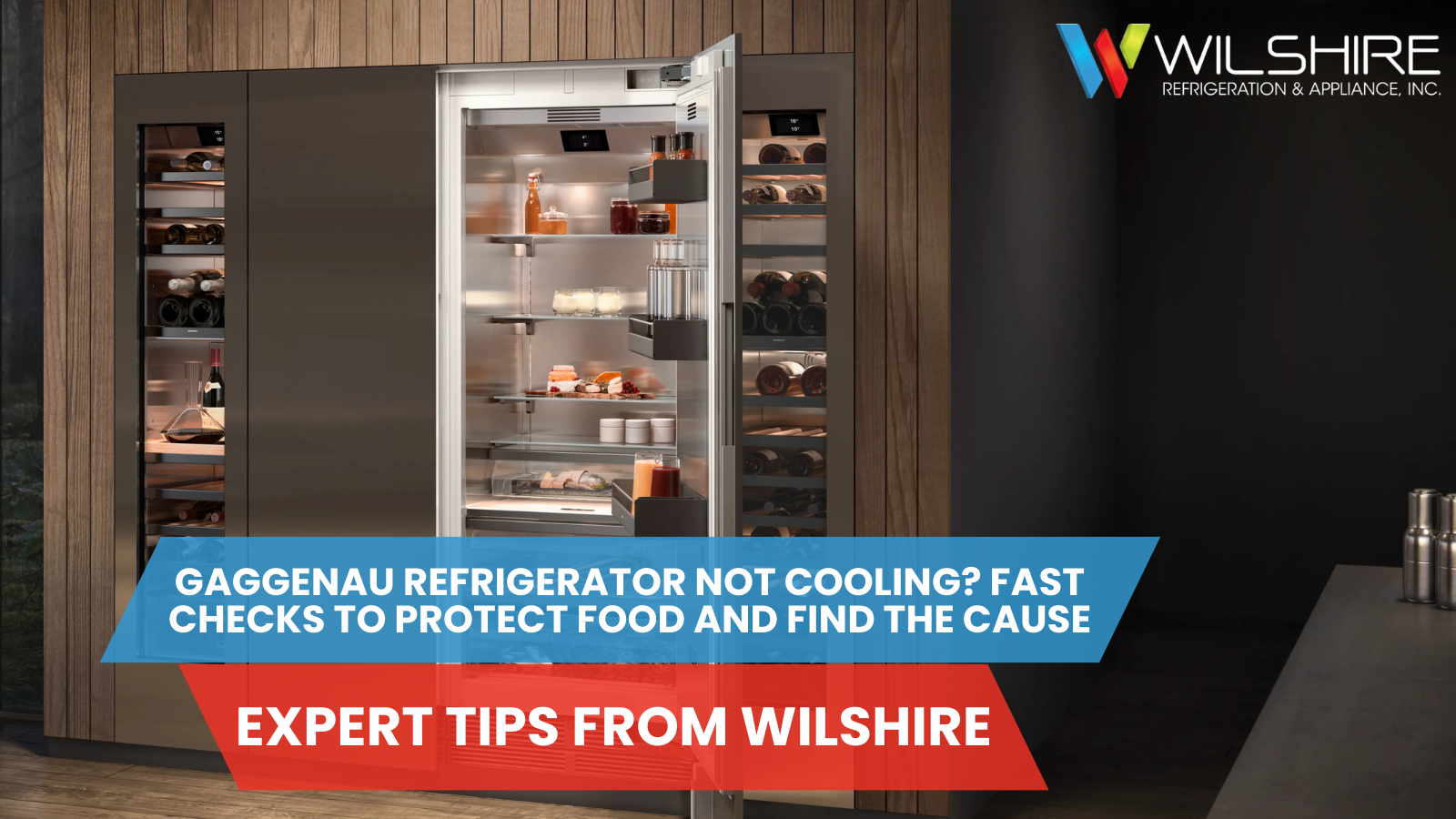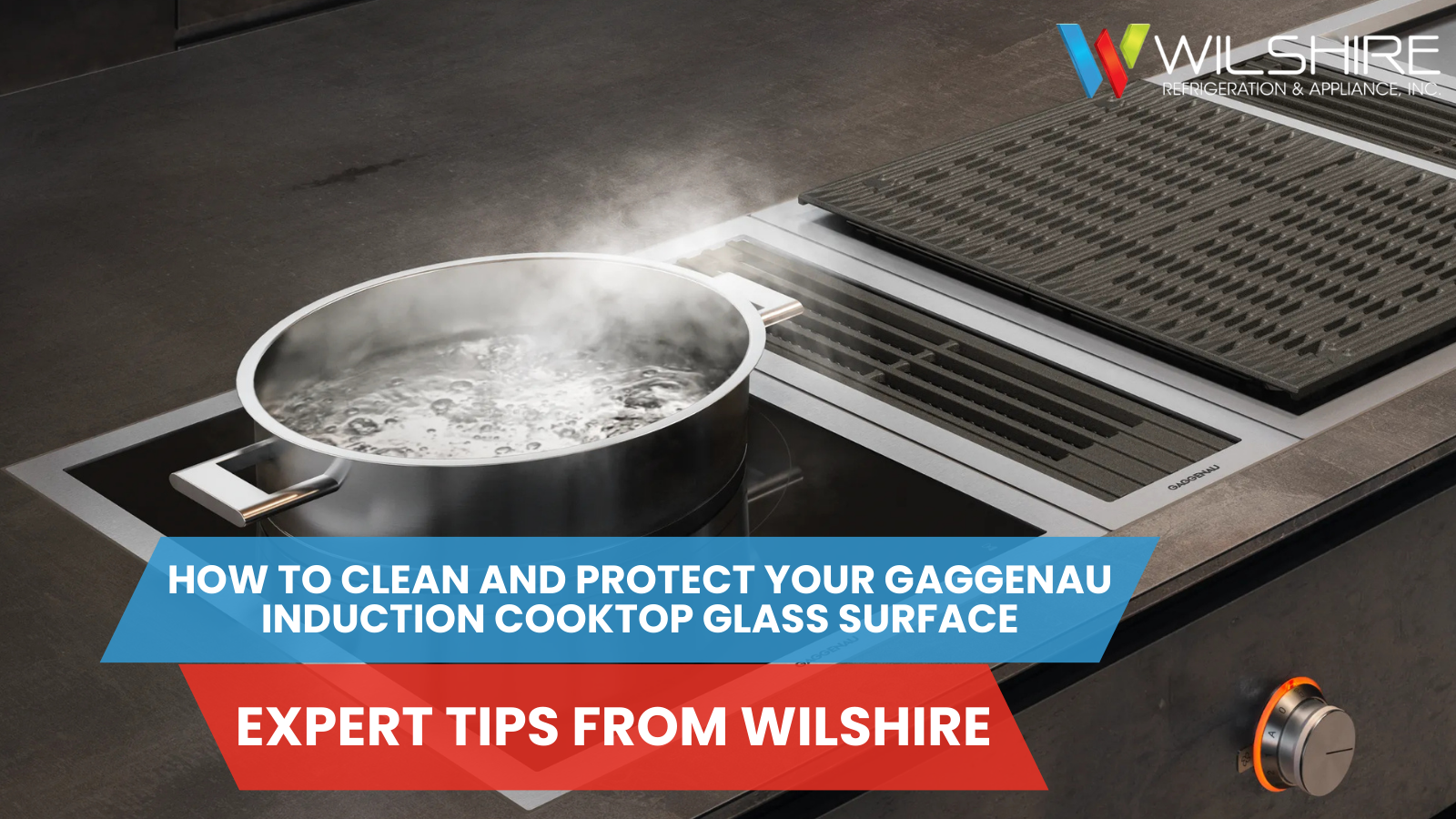Refrigerators come in many shapes and sizes to accommodate different requirements. An industrial refrigerator may be used in food processing, pharmaceutical, construction, chemical, or plastics manufacturing applications just to name a few. Along with commercial refrigeration equipment, it’s much larger than a residential fridge. To help you understand the differences, we will explain how commercial and industrial refrigerators compare to those used in homes.
Jumbo Sized Refrigeration
Depending on the size of your family, you shouldn’t need more than a 20-cubic-foot fridge for your home. Many standard fridges are smaller than that. By comparison, a two-section industrial fridge typically has 30 to 50 cubic feet of space while a three-section unit may have 50 to 70 cubic feet of interior storage. You also need to factor in physical size to accommodate water-chilled cooling equipment. Some models can be over 70 inches wide.
Exceptional Power Requirements
Fridges designed for industrial use require much more power than other types. A smaller residential unit can sometimes run off a 120 V outlet. Larger units and commercial equipment require 220 V, demanding dedicated wiring and circuits. Even if you have new wiring or an additional circuit added, the electric bill for powering an industrial unit would be more than most homeowners could afford. Gas-powered appliances often need larger gas lines than you’d find in residential or many commercial applications.
Extreme Temperature Control
Industrial refrigerators may accommodate applications that can go to -300℉ or lower. Commercial units usually don’t go below -10℉ (home fridges keep food fresh at around 40℉ or below and freezers at around 0℉). Industrial systems often have multilayer insulation to prevent condensation and ice formation. They must also be more weather-resistant, corrosion-resistant, and chemical-resistant to support complex industrial jobs. The system must be more durable given the size and scope of projects.
Different Material Requirements
Materials requirements sometimes overlap between commercial and industrial applications. Insulators such as fiberglass, polyolefin, or elastomeric materials are common. In industrial refrigeration equipment, polyisocyanurate (rigid thermoset plastic) or cellular glass may be used. The type of insulation required may be determined by the pipe material, applicable insulation standards, and building codes.
Thicker insulation is generally required for lower temperatures and other operating conditions. In outdoor applications, jacketing must be considered; while commercial units may use PVC jackets, aluminum, and stainless steel are common in industrial refrigeration applications. Protection from ultraviolet light, moisture, water vapor, chemicals, corrosion, and fire is a must.
High Maintenance
Aside from the occasional cleaning, home refrigerators don’t require much maintenance. That’s not the case for commercial and industrial refrigerators. Industrial units often demand highly technical work that involves disassembling components and following established procedures for cleaning, disinfecting, or removing industrial byproducts.
Equipment Safety
Home refrigerators are cool to the touch on the outside, so there’s little worry about injury or placement near combustible surfaces and items. Industrial refrigerators, and even commercial units, generate more heat and require a much larger amount of clearance. The combustibility of materials near the unit may still be a concern, so stricter standards must be followed in an industrial environment. This also goes for ventilation, which must be more powerful than is seen in other applications.
Schedule Home Fridge Repair with Wilshire Refrigeration
Home appliances have more basic requirements than commercial or industrial refrigerators. But they still need repairs now and then. We provide In-Warranty and Out-of-Warranty repair services for Sub-Zero refrigerators. Our technicians are factory-authorized and trained to repair, install replacement parts for, and test the latest products. All service trucks are fully stocked with common parts so jobs can be completed in one visit.
For more information about our appliance services, continue browsing. To request service in the Los Angeles area, call 800-427-3653 now.




